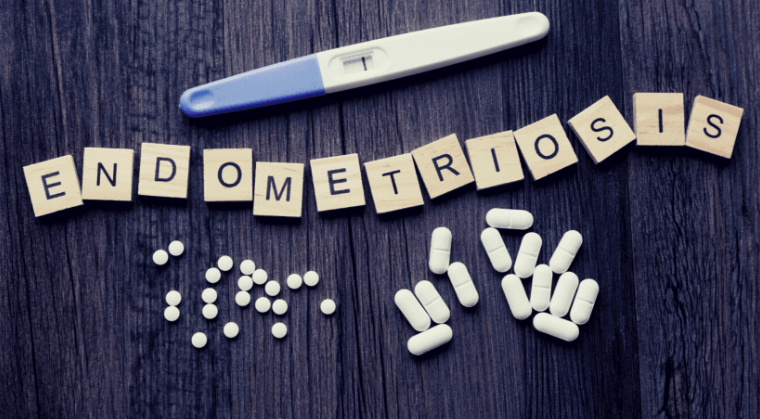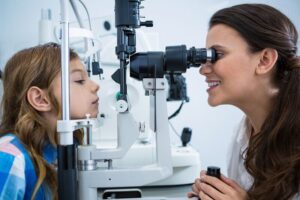
Endometriosis is a condition that affects women where tissue similar to the uterus lining grows outside the uterine cavity. It mostly affects the ovaries, fallopian tubes, and tissues lining your pelvis. When you have endometriosis, the endometrial-like tissue acts like normal uterine tissue. It bleeds during menstruation, and because the tissue has nowhere to go, it gets trapped. The surrounding areas may become inflamed or swollen, and you might get scar tissue and lesions. There is no cure for endometriosis, but your Womens Healthcare Physicians specialists can help you manage your symptoms. People associate endometriosis with many myths and misconceptions, and here are some.
You must have pain when you develop endometriosis
Not everyone with endometriosis experiences pain and other symptoms. In some cases, you will only recognize you have the condition if you experience difficulties getting pregnant. You can also find out you have endometriosis after a miscarriage or other pregnancy disorders. But most women with the disease can bear children with proper treatment and management.
A hysterectomy can cure endometriosis
Although a hysterectomy relieves symptoms of endometriosis in most patients, the condition can recur after the surgery. Doctors recommend a hysterectomy when other treatment options are ineffective. If endometrial lesions are still present outside the uterus, symptoms can reappear even after a hysterectomy.
Endometriosis only occurs in the female reproductive system
Endometriosis mostly develops in your pelvic region and abdomen, but it can also affect other body parts. In most women, endometriosis occurs on the inside part of your abdomen on a surface known as the peritoneum and not on the reproductive organs. But it can develop anywhere, including the lining of the lungs or brain, causing seizures during the menstrual cycle.
Endometriosis does not affect young people
Endometriosis can affect young females from the age of seven. Although doctors diagnose the condition in your twenties, you could have had it from eleven when you first got your period. Some women live with endometriosis without showing significant symptoms and then appear later in life.
You cannot have kids if you have endometriosis
Despite endometriosis causing infertility, you can still get children. About thirty percent of females with endometriosis conceive and get healthy babies. If you are diagnosed with endometriosis, your doctor can use different treatment options to manage the condition to prevent the disease from affecting your pregnancy.
Menopause can cure endometriosis
Unfortunately, there is no cure for endometriosis. Symptoms of endometriosis often occur during menstruation, but some women experience them in menopause. During menopause, your body produces small amounts of hormones, and the endometrial-like tissue still responds to them. Your symptoms may improve, but you still live with the condition.
A simple test can help diagnose endometriosis
It is difficult to diagnose endometriosis because symptoms may be similar to other conditions. During endometriosis diagnosis, your doctor will ask about your symptoms and medical history and may do a detailed physical examination, including a pelvic exam. Your doctor may also recommend MRI or ultrasound to get more information. But the ultimate diagnosis for endometriosis is through laparoscopic surgery and taking a biopsy for histopathology.
There are many myths and misconceptions about endometriosis, but do not let them hinder you from seeking medical help. Schedule an appointment at Women’s Healthcare Physicians of Naples for endometriosis treatment to manage your heavy periods.





